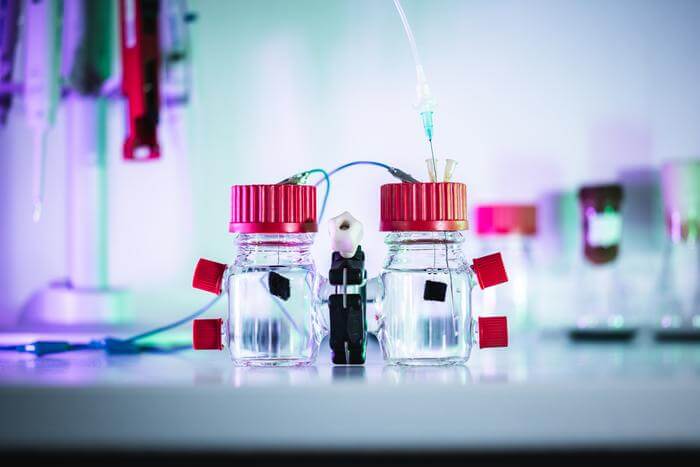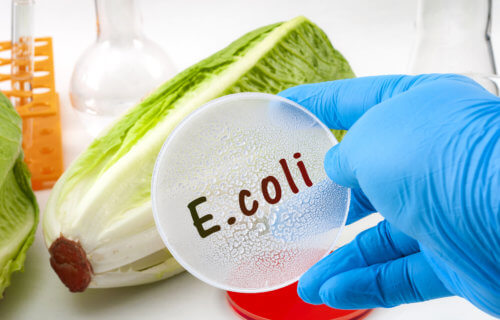LAUSANNE, Switzerland — In a groundbreaking development, scientists have successfully engineered E. coli bacteria to generate electricity, potentially revolutionizing both waste management and energy production. Researchers from the Ecole Polytechnique Federale de Lausanne (EPFL) utilized a process called extracellular electron transfer (EET) to make the bacteria highly efficient at electrical current generation. This innovation resulted in a three-fold increase in electrical current generation compared to traditional methods.
According to the study, the team accomplished a milestone by creating a complete EET pathway within E. coli, something that has never been achieved before.
“We engineered E. coli bacteria, the most widely studied microbe, to generate electricity,” says Professor Ardemis Boghossian of EPFL, in a media release. “Though there are exotic microbes that naturally produce electricity, they can only do so in the presence of specific chemicals. E. coli can grow on a wide range of sources, which allowed us to produce electricity in a wide range of environments, including from waste water.”

Unlike previous methods, the bioengineered E. coli can produce electricity while metabolizing a variety of organic substrates. By incorporating components from Shewanella oneidensis MR-1, a bacterium known for its electrical generation capabilities, the researchers constructed a pathway that spans both the inner and outer membranes of the cell. Tests conducted in brewery wastewater revealed that the engineered E. coli thrived, demonstrating its potential for large-scale waste treatment and energy production.
“Instead of putting energy into the system to process organic waste, we are producing electricity while processing organic waste at the same time – hitting two birds with one stone!” adds Prof. Boghossian. “We even tested our technology directly on wastewater that we collected from Les Brasseurs, a local brewery in Lausanne. The exotic electric microbes weren’t even able to survive, whereas our bioengineered electric bacteria were able to flourish exponentially by feeding off this waste.”
The study’s implications extend beyond just waste treatment. The researchers believe that the engineered E. coli could be used in microbial fuel cells, electrosynthesis, and biosensing. Due to the bacterium’s genetic flexibility, it can be adapted to specific environments and feedstocks, making it a versatile asset for sustainable technology development.
“Our work is quite timely, as engineered bioelectric microbes are pushing the boundaries in more and more real-world applications,” says Mohammed Mouhib, the lead author and a doctoral assistant. “We have set a new record compared to the previous state-of-the-art, which relied only on a partial pathway, and compared to the microbe that was used in one of the biggest papers recently published in the field. With all the current research efforts in the field, we are excited about the future of bioelectric bacteria, and can’t wait for us and others to push this technology into new scales.”
The research is published in the journal Joule.
South West News Service writer Jim Leffman contributed to this report.

